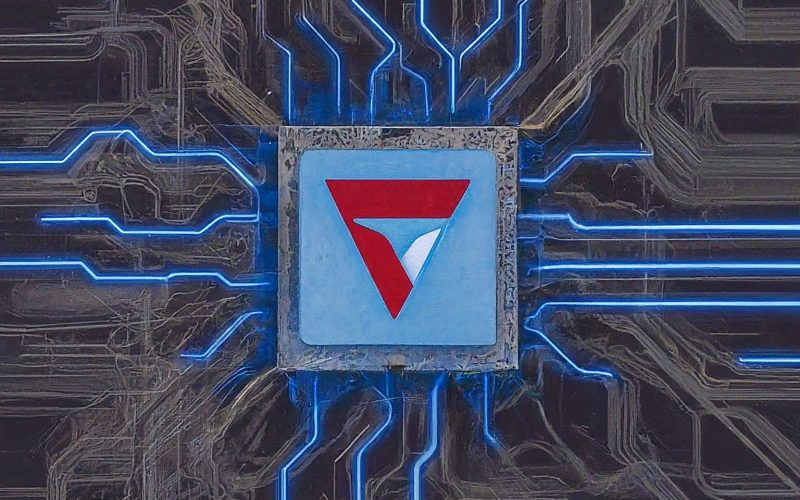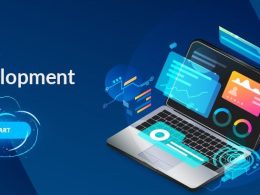About the Author
Sarah Jones is a tech journalist with a keen eye on the evolving landscape of artificial intelligence. She’s passionate about exploring the intersection of technology and society, particularly the ethical implications of AI. In this article, she dives into Verizon’s approach to responsible AI development.
Headings:
- AI: Boon or Bane? Exploring the Ethical Concerns
- Taming the Machine: Why Responsible AI Development Matters
- Verizon Takes the Lead: A Look at Their AI Ethics Framework
- Building Fairness: How Verizon Mitigates Bias in AI
- Transparency and Explainability: Demystifying AI Decisions
- The Road Ahead: Challenges and Opportunities in Ethical AI
Key Considerations in Verizon’s AI Ethics Framework
| Aspect | Description |
|---|---|
| AI Ethics Roadmap | A long-term plan outlining responsible AI development across various projects. |
| Ethics Risk Assessment Framework | Identifies and assesses potential ethical risks associated with specific AI applications. |
| Fairness Monitoring | Continuously monitors AI systems for bias and ensures fair outcomes for all users. |
Can AI Be Tamed? Exploring the Ethical Concerns
Artificial intelligence (AI) is rapidly transforming our world, from revolutionizing healthcare diagnostics to streamlining business operations. However, alongside its undeniable benefits, AI development raises a host of ethical concerns. Biases present in training data can lead to discriminatory outcomes, while the lack of transparency in AI decision-making raises questions of accountability.

Taming the Machine: Why Responsible AI Development Matters
Unmitigated AI development could exacerbate existing social inequalities and erode trust in technology. This is where the concept of responsible AI development comes in. By prioritizing fairness, transparency, and accountability, companies can ensure that AI serves humanity for the better.
Verizon Takes the Lead: A Look at Their AI Ethics Framework
Telecommunications giant Verizon is taking a proactive approach to ethical AI development. They have established a comprehensive AI Ethics Framework that guides the responsible creation and deployment of AI solutions. The framework focuses on three key pillars:
- AI Ethics Roadmap: This roadmap provides a long-term vision for responsible AI development across various projects within Verizon.
- Ethics Risk Assessment Framework: This framework identifies and assesses potential ethical risks associated with specific AI applications.
- Fairness Monitoring: Verizon continuously monitors their AI systems for bias to ensure fair outcomes for all users.
Building Fairness: How Verizon Mitigates Bias in AI
Biases in training data can lead to discriminatory AI outputs. Verizon tackles this challenge by actively identifying potential biases in their data sets and employing techniques to mitigate them. They achieve this through techniques like data cleansing and diversification, ensuring that their AI models are trained on a representative data pool.
Transparency and Explainability: Demystifying AI Decisions
Another crucial aspect of responsible AI development is transparency. Often, AI decisions can be opaque, making it difficult to understand how an AI system arrived at a particular conclusion. Verizon addresses this concern by focusing on explainable AI (XAI) techniques. XAI helps developers understand the rationale behind AI decisions, fostering greater trust and accountability.
The Road Ahead: Challenges and Opportunities in Ethical AI
While Verizon’s approach to AI ethics is commendable, the field is still evolving. Developing a universally accepted set of ethical principles for AI development remains a challenge. Furthermore, ensuring that AI remains under human control and doesn’t become autonomous will be crucial in the years to come. However, by prioritizing ethical considerations like Verizon, we can ensure that AI becomes a force for good, empowering humanity to tackle complex challenges.












